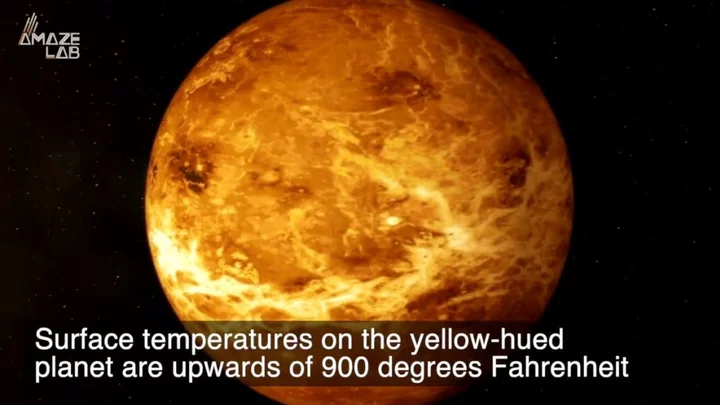Nasa scientists have found a planet they believe is covered by active volcanoes.
In a study published in the journal Nature, scientists said they found the planet, which is the size of Earth about 90 light-years from Earth in the Crater constellation.
They called it LP 791-18 d and one part is constantly scorched by sunlight, while the other is always in darkness.
“The day side would probably be too hot for liquid water to exist on the surface. But the amount of volcanic activity we suspect occurs all over the planet could sustain an atmosphere, which may allow water to condense on the night side,” Björn Benneke, one of the astronomers who studied the planet, told NASA’s Jet Propulsion Laboratory.
Sign up to our free Indy100 weekly newsletter
The LP 791-18 system contains at least two other planets, called LP 791-18 b and c. The latter is two-and-a-half times larger than Earth and more than seven times its mass.
It also affects the orbit of LP 791-18 d, making it travel along an elliptical path around the system’s sun. That path means LP 791-18 d is deformed every time it completes an orbit.
“These deformations can create enough internal friction to substantially heat the planet’s interior and produce volcanic activity at its surface,” according to NASA.
“A big question in astrobiology, the field that broadly studies the origins of life on Earth and beyond, is if tectonic or volcanic activity is necessary for life,” study co-author Jessie Christiansen said.
“In addition to potentially providing an atmosphere, these processes could churn up materials that would otherwise sink down and get trapped in the crust, including those we think are important for life, like carbon.”
Have your say in our news democracy. Click the upvote icon at the top of the page to help raise this article through the indy100 rankings.

